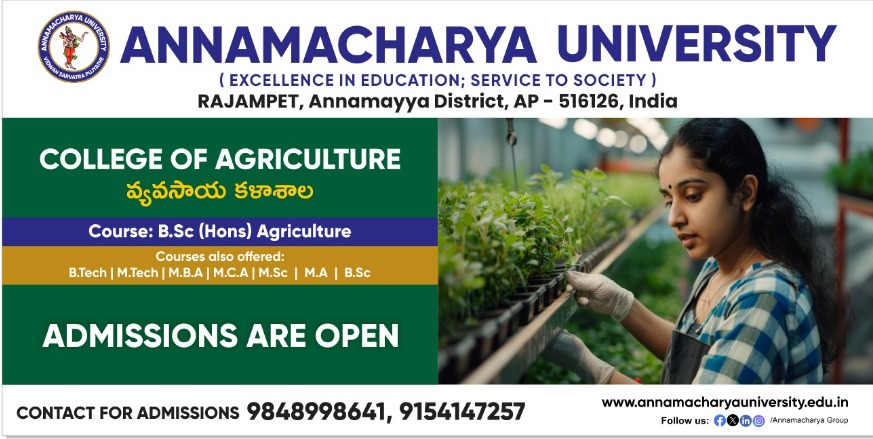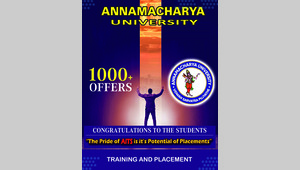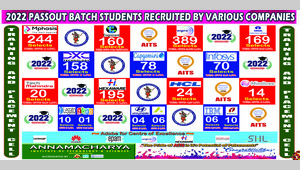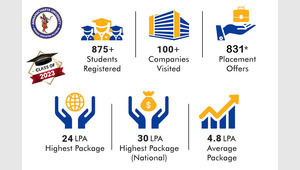Department
Electrical & Electronics Engineering
International Conferences
International conferences are significant events where researchers, practitioners, and professionals from around the world gather to present and discuss their latest work, share ideas, and collaborate on advancements in various fields. Here’s an overview of international conferences, including their purposes, types, and how to participate:
Purpose of International Conferences:
- Knowledge Sharing: Provide a platform for presenting new research findings, innovations, and developments in a specific field.
- Networking: Facilitate connections between researchers, industry professionals, and academics from different countries and institutions.
- Collaboration: Promote partnerships and collaborative projects across borders.
- Professional Development: Offer opportunities for learning through keynote speeches, workshops, and discussions with experts.
- Exposure: Help researchers gain visibility for their work and receive feedback from an international audience.
Types of International Conferences:
- Academic Conferences: Focus on research and scholarly work, often organized by academic societies or universities. They cover a wide range of disciplines, such as medicine, engineering, social sciences, and humanities.
- Industry Conferences: Tailored to professionals and practitioners in specific industries, such as technology, business, or healthcare. These conferences often include product demonstrations, industry trends, and networking opportunities.
- Interdisciplinary Conferences: Address topics that span multiple fields, promoting cross-disciplinary research and discussions.
- Special Interest Conferences: Center on niche areas or emerging topics within a broader field, offering in-depth exploration and specialized discussions.
Structure of International Conferences:
- Keynote Speakers: Renowned experts in the field deliver speeches on current trends, challenges, and future directions.
- Technical Sessions: Presentations and discussions on specific research topics, often organized into thematic sessions.
- Workshops and Tutorials: Interactive sessions that provide hands-on experience, training, or in-depth exploration of particular techniques or tools.
- Poster Sessions: Researchers present their work in a visual format, allowing for informal discussions with attendees.
- Networking Events: Opportunities for attendees to meet and engage with each other, including social events, receptions, and roundtable discussions.
How to Participate:
- Submission: Submit abstracts or full papers for consideration if you wish to present your research. Check the conference’s call for papers or presentations for specific guidelines and deadlines.
- Registration: Register for the conference through its official website. Early registration often provides discounted rates.
- Travel and Accommodation: Arrange travel and accommodation in advance, especially if the conference is held in a different country.
- Preparation: Prepare your presentation or poster according to the conference guidelines. Practice your talk to ensure clarity and confidence.
Finding International Conferences:
- Conference Directories: Websites like Conference Alerts, All Conferences, and Eventbrite list upcoming conferences in various fields.
- Professional Associations: Many academic and professional organizations host or sponsor conferences. Check their websites for announcements and details.
- Academic Journals: Journals often announce conferences related to their field of interest.
- University Websites: Universities frequently host conferences and may list upcoming events on their websites.
Benefits of Attending:
- Stay Current: Keep up-to-date with the latest research, trends, and technologies.
- Gain Insights: Learn from experts and peers in your field.
- Enhance Your Career: Build a professional network, discover job opportunities, and enhance your academic or professional profile.





